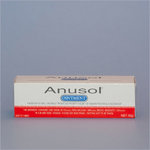There is a gap in my knowledge that I can't seem to fill so far.
Say you are doing a bull call and by expiration the call you bought has reached above breakeven but it has not reach high enough to sell the one you shorted. Does this leave you uncovered? If so how can you resolve this? I would not want to buy the stock after all.
Being a visual guy I thought I would quickly sketch out what I mean.

Say you are doing a bull call and by expiration the call you bought has reached above breakeven but it has not reach high enough to sell the one you shorted. Does this leave you uncovered? If so how can you resolve this? I would not want to buy the stock after all.
Being a visual guy I thought I would quickly sketch out what I mean.

